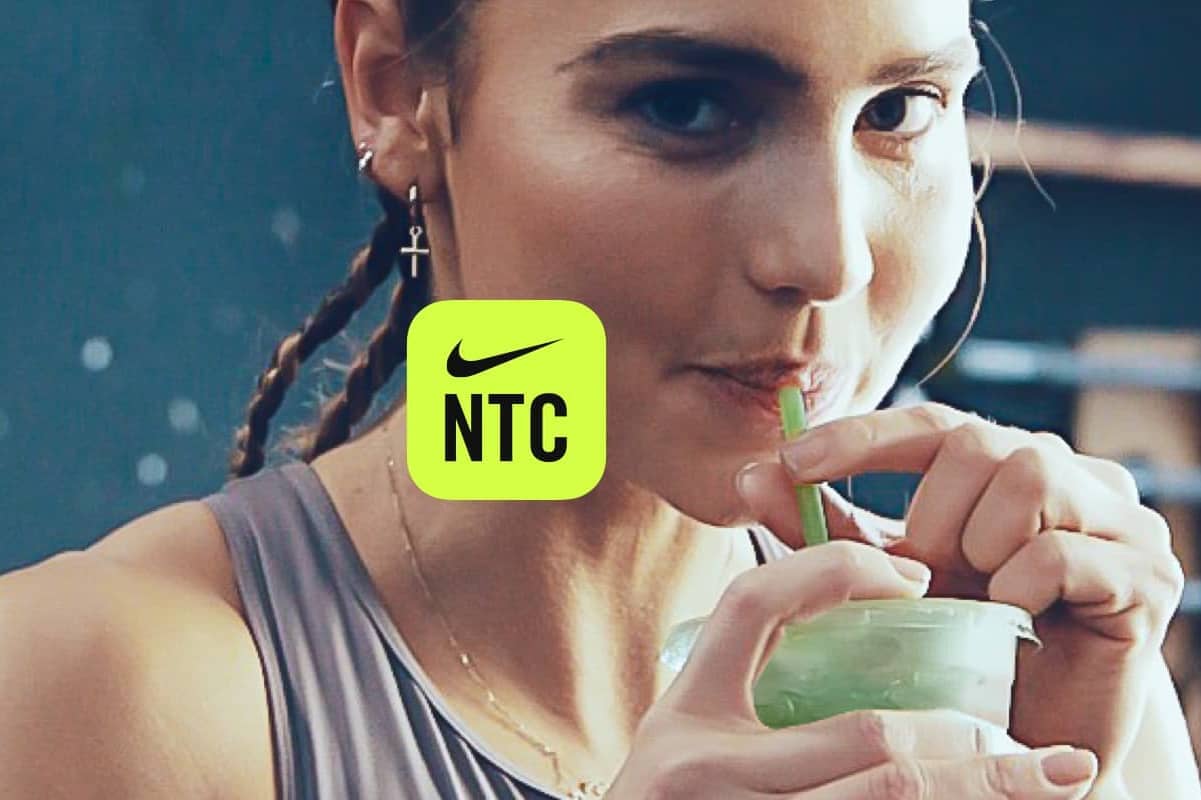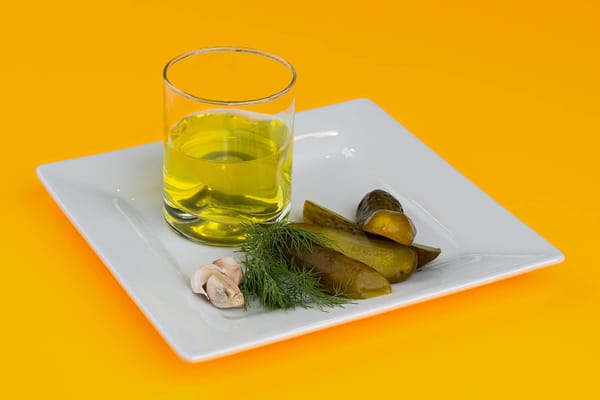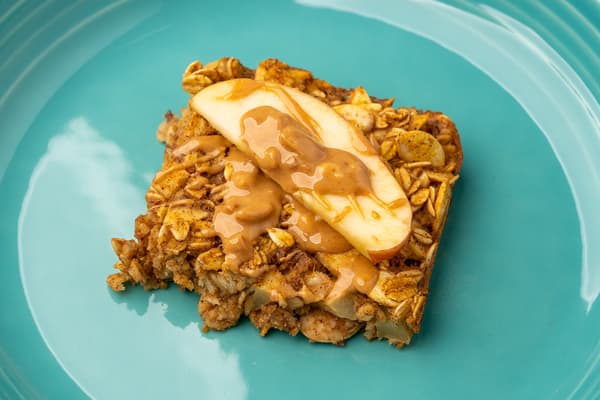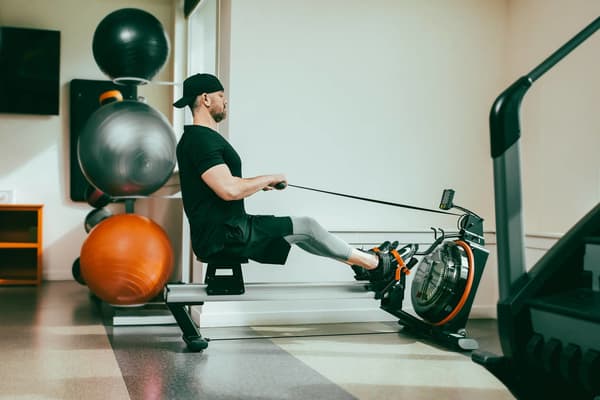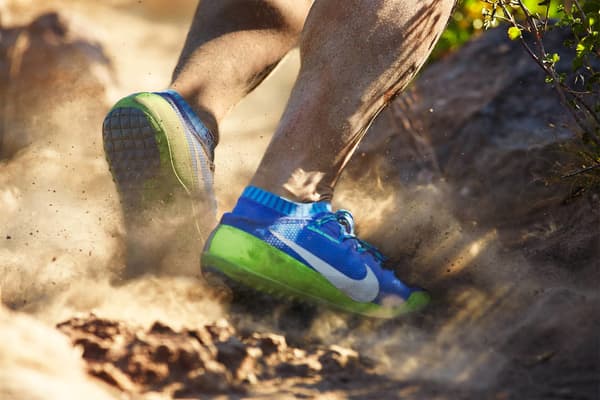Experts Say This Is the Top Recovery Drink to Have After a Workout
Nutrition
A certified personal trainer and a registered dietitian explain how important it is to include post-workout recovery drinks in your fitness regime.

Consuming nutrients immediately after a sweat session replenishes the body—and, in part, prepares it for future workouts. This is just one reason why having a recovery drink can support your training.
"Recovering post-workout is crucial for replenishing your glycogen stores, along with repairing those microscopic tears that occur within the muscle tissue during exercise", said Marissa Miller, ACE CPT, who holds a certificate in plant-based nutrition from the T. Colin Campbell Center for Nutrition Studies at Cornell University. For context, glycogen is stored glucose and carbohydrates, as well as a main source of energy for the body.
(Related: Dietitian-Approved Foods That Can Help You Rehydrate After an Outdoor Workout)
Refuelling with nutritious foods and beverages after sweating out key electrolytes enables the body "to experience a boost in muscle growth and strength, while also reducing the risk of delayed onset muscle soreness", Miller explained.
Before sharing the top recovery drink from experts, here's some important information to consider about fuelling in general.
How Soon Should You Refuel Post-Workout?
Experts and research all seem to agree that the sooner you refuel, the faster your muscles recover.
One review, published in a 2013 issue of the Journal of International Society of Sports Nutrition, concluded that the window to refuel (to expedite the recovery process) can vary based on numerous factors. These include age and if a pre-workout meal or supplement was ingested prior to the workout.
"Generally speaking, the recommendation is to consume a post-recovery drink within 15 to 30 minutes of completing a workout", said Mandy Enright, MS, RDN, RYT.
The National Academy of Sports Medicine even states that certain factors, like increased blood flow to muscle tissue in need, can help boost glycogen restoration when the body is refuelled within half an hour of finishing a workout.
The Top Expert-Recommended Recovery Drink

One of Enright's go-to post-workout recovery drinks is chocolate milk.
"Not only does chocolate milk—made with either low- or non-fat milk combined with chocolate syrup—provide an optimal ratio of carbs to protein to aid in energy replenishment and muscle recovery, but it also contains electrolytes to aid in hydration", she said, adding that it also provides several nutrients that can aid recovery, including potassium and B vitamins.
And there's plenty of science around the beverage to back up these claims, although it's important to note that these studies exclusively review the benefits of drinking chocolate milk made from cow's milk.
For instance, a review found in a 2012 issue of the journal Medicine and Sports Science reported that sipping one glass of chocolate milk immediately after exercising, followed by a second glass two hours post-workout, can reduce the signs of muscle damage.
And a 2019 review suggested that cow's milk can increase muscle protein synthesis (which is a natural process of building muscle mass) and hydration. It may even contribute to replenishing depleted glycogen stores post-exercise while also lessening muscle soreness.
Does the Type of Workout Determine the Type of Recovery Drink?
Whether it comes after you step on the yoga mat or the treadmill, a recovery drink is most beneficial when it contains both carbohydrates and protein.
"Exercise decreases glycogen stores regardless of the activity", Miller said.
Bear in mind that the optimal protein absorption and metabolism—meaning how much protein the body can digest and use—ranges between 20 and 25 grams of a high-quality protein per meal. "However, if a workout primarily focuses on resistance training, such as weightlifting or bodyweight exercises, it is especially important to prioritise protein intake", Miller said.
(Related: How Much Protein Do You Really Need to Build Muscle?)
A recovery beverage should also include carbohydrates. Miller recommended aiming to consume a minimum of 0.5 grams of carbohydrates per 0.45kg of bodyweight. "For example, a 68kg individual would choose a snack that contains roughly 75 grams of carbohydrates per serving", she explained.
Enright also pointed out that, if you lost a lot of sweat during your workout, it's imperative to choose "a beverage that contains electrolytes, [which] will also help rehydrate the body", in addition to eating carbs and protein. Sprinkling a bit of salt into your water bottle can be an easy solution for this. However, be sure to touch base with your doctor or a dietitian to ensure your sodium levels are in check.
But, Don't Forget About Water

As simple as it may sound, Miller stressed that drinking water is crucial not only during exercise, but also immediately afterwards.
"It [water] helps regulate body temperature, aid in recovery and compensate for lost fluids that make up muscle tissue and support organ function", she said.
According to Enright, the "rule of thumb" is to drink 150 percent of the fluid lost during exercise. "Not only does this amount help to replace the fluids that were lost during a workout, but it also helps to replenish the fluids that will continue to be lost post-exercise from sweat and urine", she explained.
"If someone lost 473ml (approx.) (0.45kg) of fluid during a workout, they should drink 710ml (approx.) to replenish", she said. If you want a precise way to calculate this, step on the scale before and after a fitness routine to see how much fluid was lost from sweating.
Words by Amy Capetta
